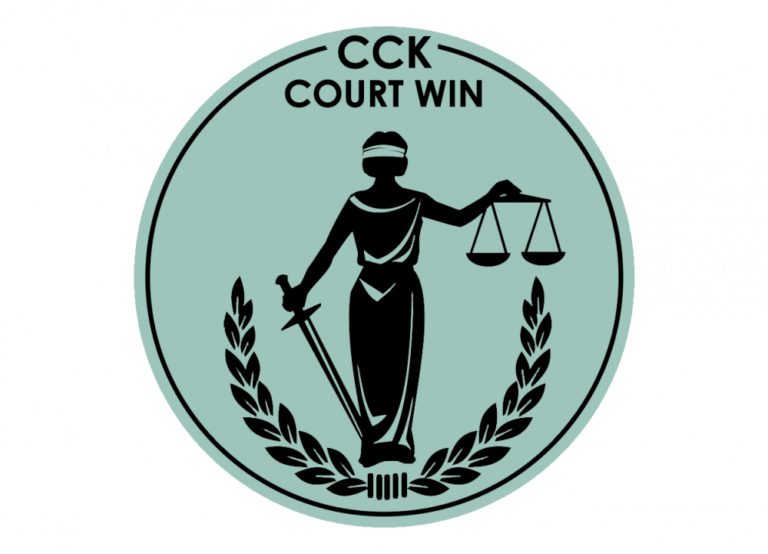Denial of increased rating for bipolar disorder lacked adequate reasons or bases

CCK Law: Our Vital Role in Veterans Law
Summary
The Veteran served on active duty in the Army from 1988 to 1990 and from 1999 to 2007. VA granted service connection for her bipolar disorder in April 2008 with a 30% rating, effective from April 2007. She appealed the 30% rating to the Board of Veterans’ Appeals. The Board then remanded the claim in September 2012. That November, the Veteran underwent a VA examination per remand instructions.
Board denied increased rating for bipolar disorder from March 2010, forward
The Board issued a new decision in February 2015. This decision increased the rating for bipolar disorder to 70% prior to May 5, 2010. It also determined a 50% rating beginning on that date. The Veteran appealed that decision to the Court of Appeals for Veterans Claims (CAVC). A July 2015 joint motion for partial remand stipulated that the Board failed to provide an adequate statement of reasons or bases for its decision. The Board remanded the claim again that November. In accordance, the Veteran underwent another VA examination in January 2016. In June 2016, the Board denied a rating in excess of 50% for bipolar disorder from March 5, 2010.
CCK appeals to the Court
CCK successfully appealed to the Court the denial of an increased rating for the Veteran’s service-connected bipolar disorder from March 5, 2010, forward. In its decision, the Board determined that the Veteran’s symptoms affected the areas of family, work, mood, and judgment. However, it did not rise to the level of causing deficiencies in those areas.
CAVC agrees with CCK’s arguments
CCK argued, and the Court agreed, that the Board provided inadequate reasons or bases for denying a rating in excess of 50% for bipolar disorder from March 5, 2010, forward. The Court agreed that the Board erroneously imposed a requirement of the 100% rating criteria to deny a 70% rating when it found that the Veteran’s mood did not “prohibit” her from working. It further agreed that the Board overlooked evidence of suicidal ideation and inadequately discussed the Veteran’s compulsive spending habits. The Court set aside the Board’s decision and remanded the issue of entitlement to a rating excess of 50% from March 5, 2010, forward. On remand, the Board must undertake a detailed analysis of whether an increased rating is warranted at any time since May 5, 2010.
About the Author
Share this Post
